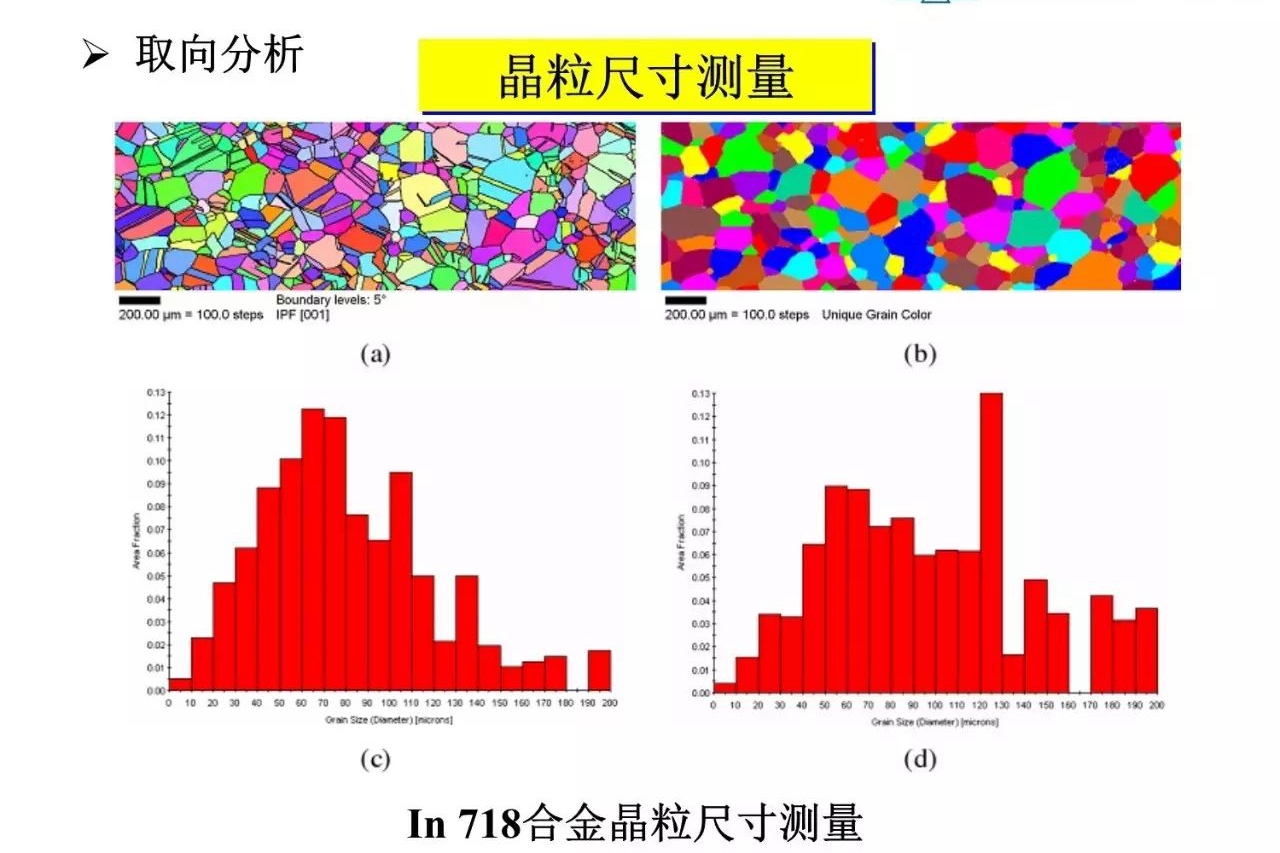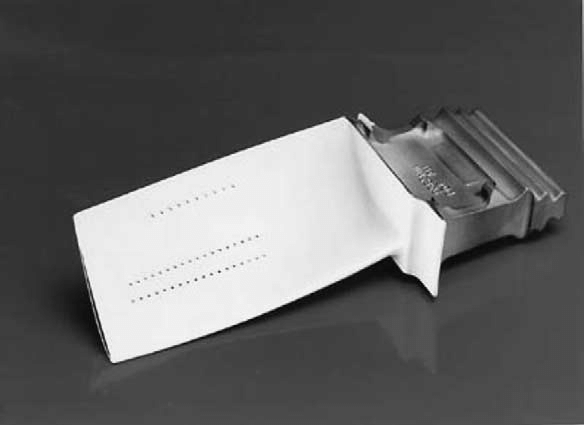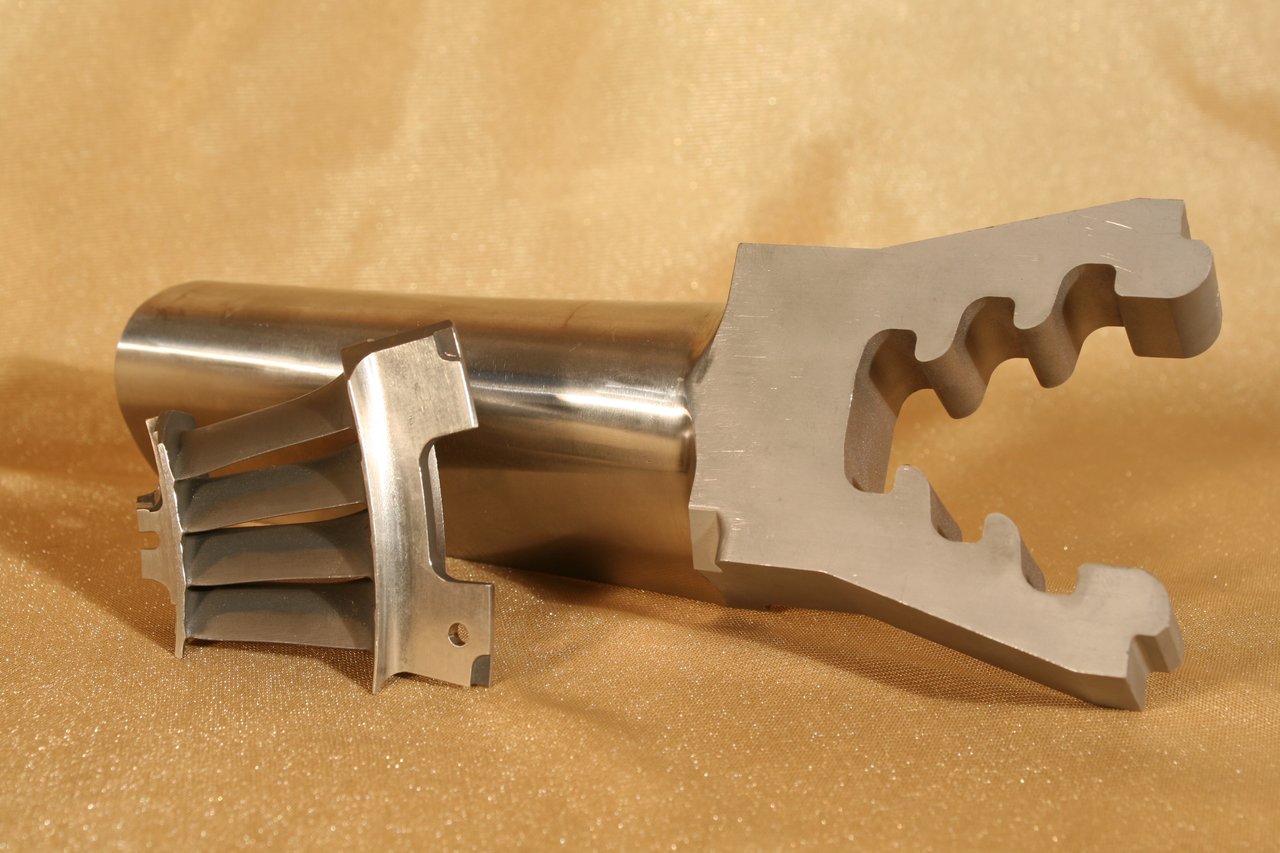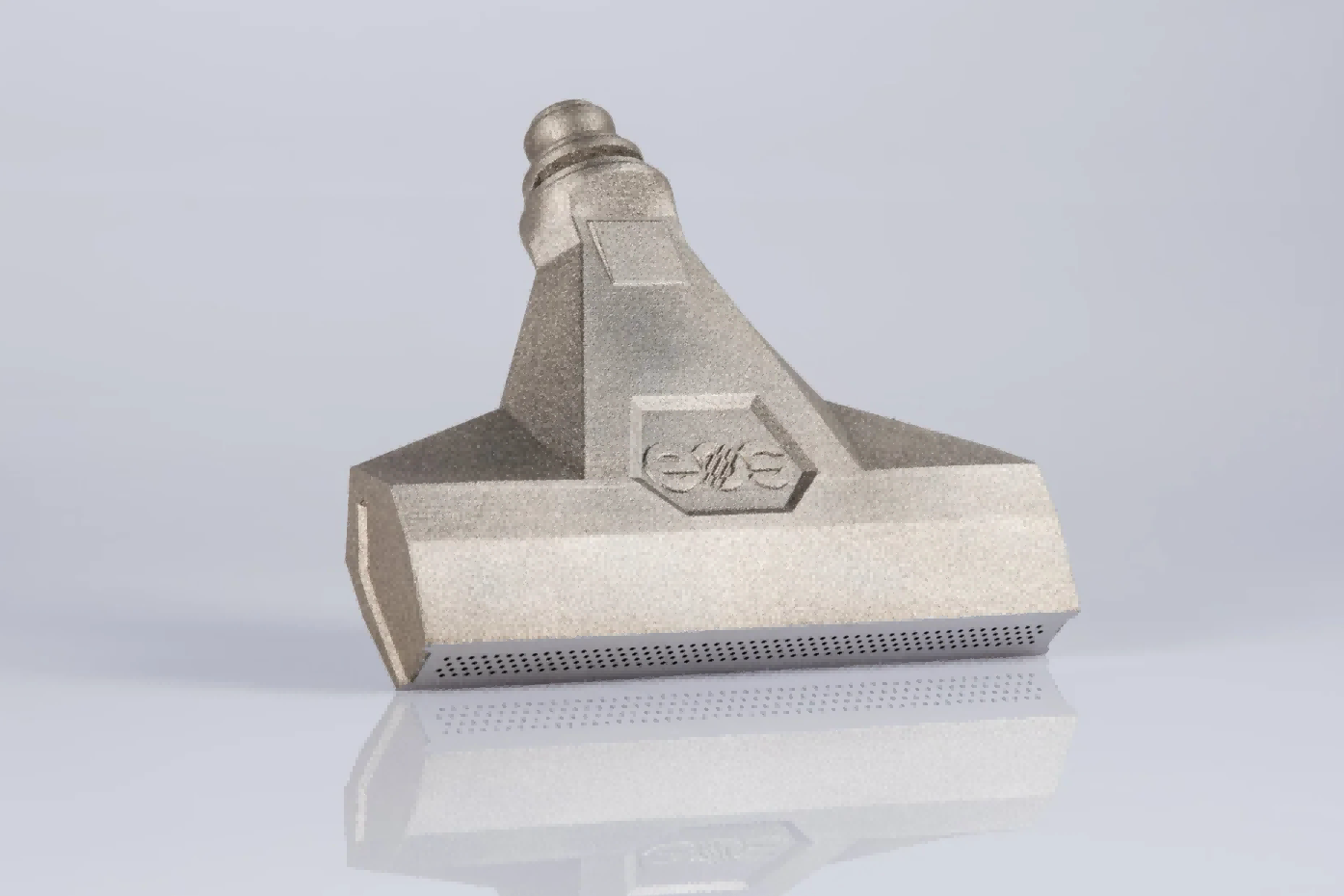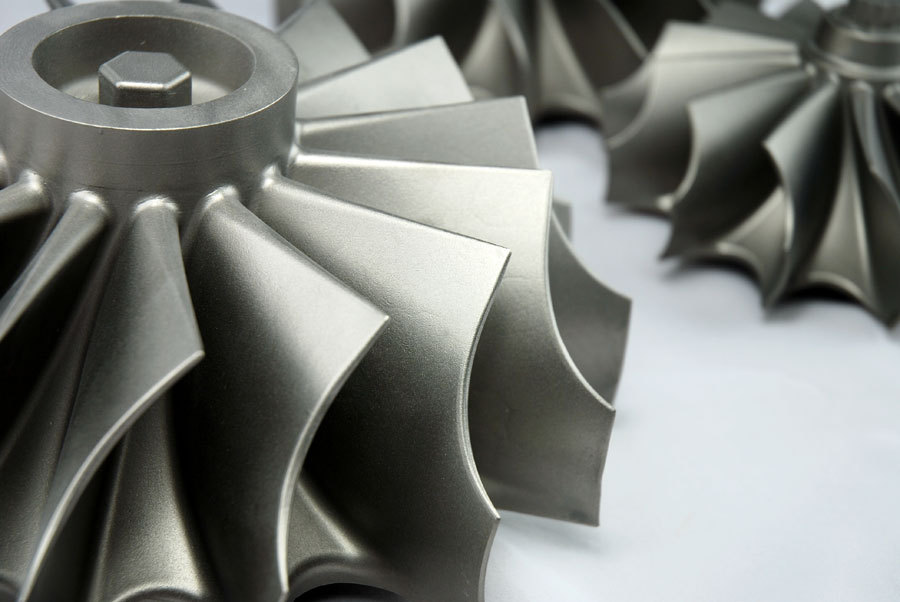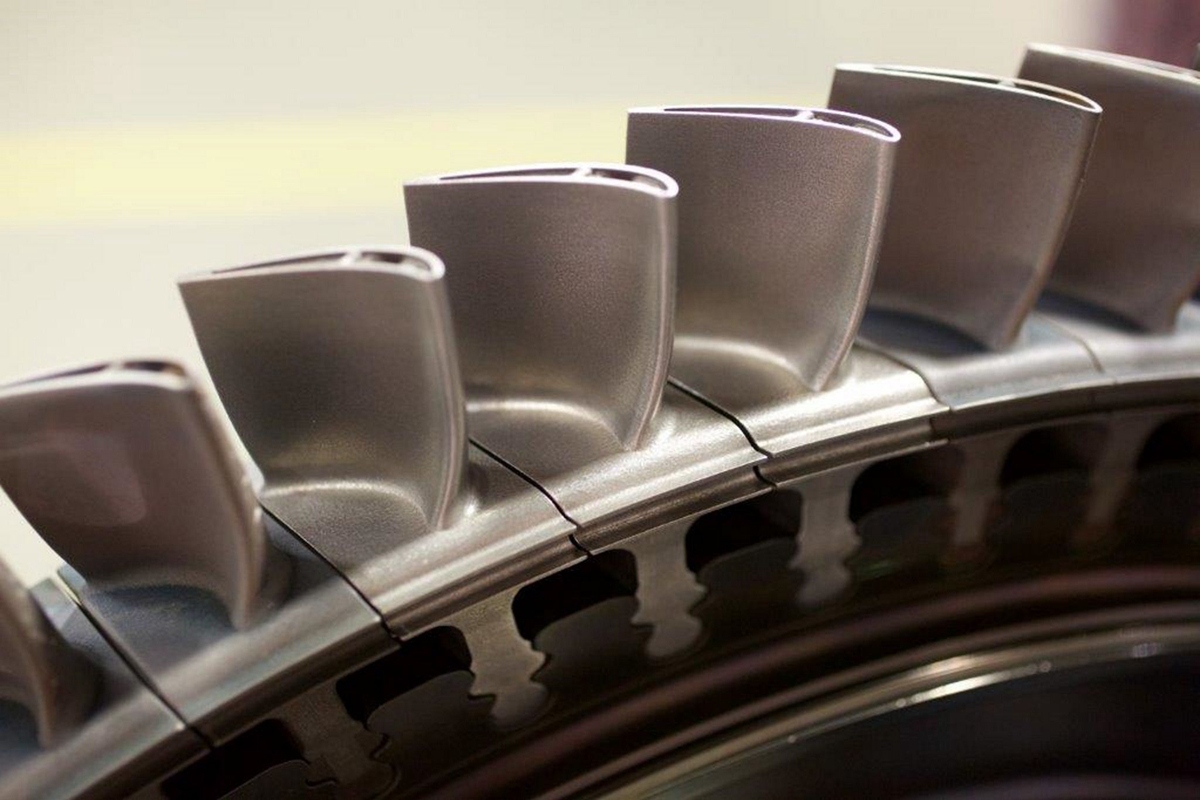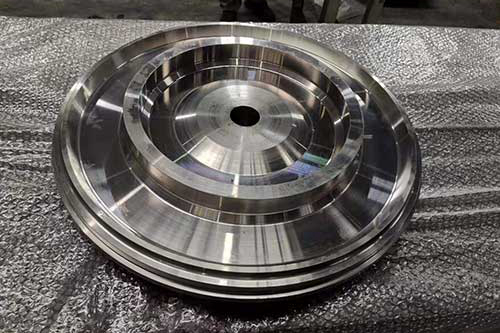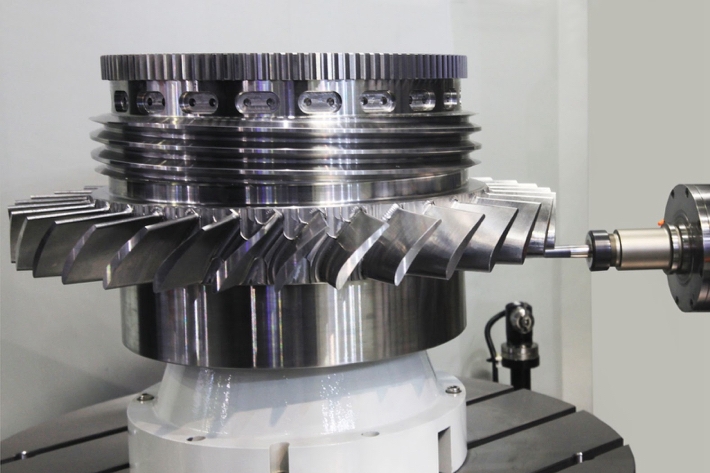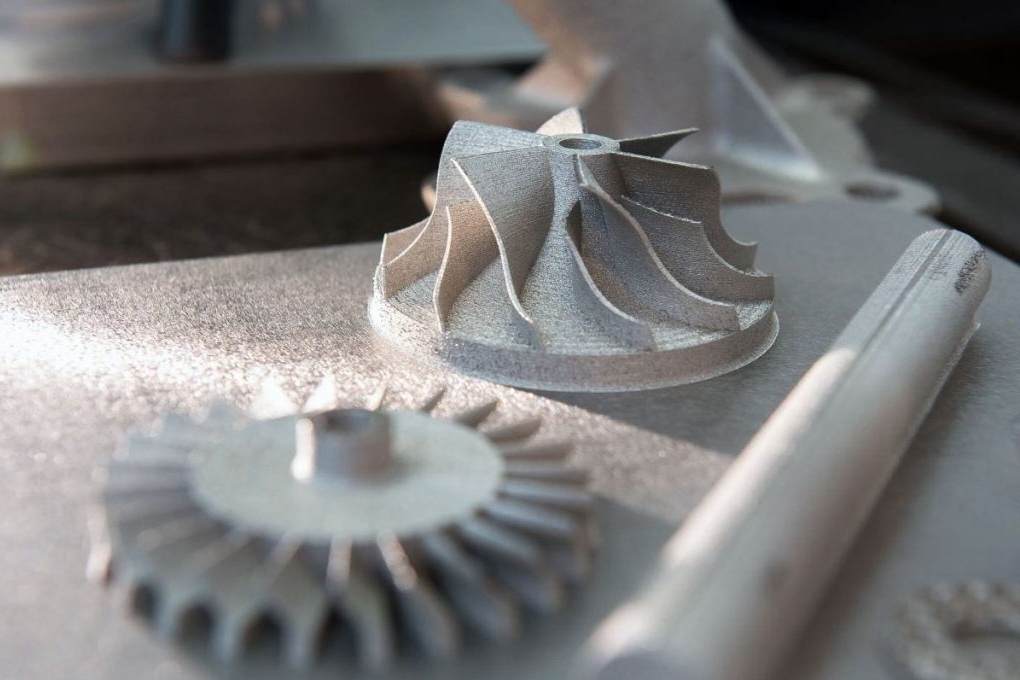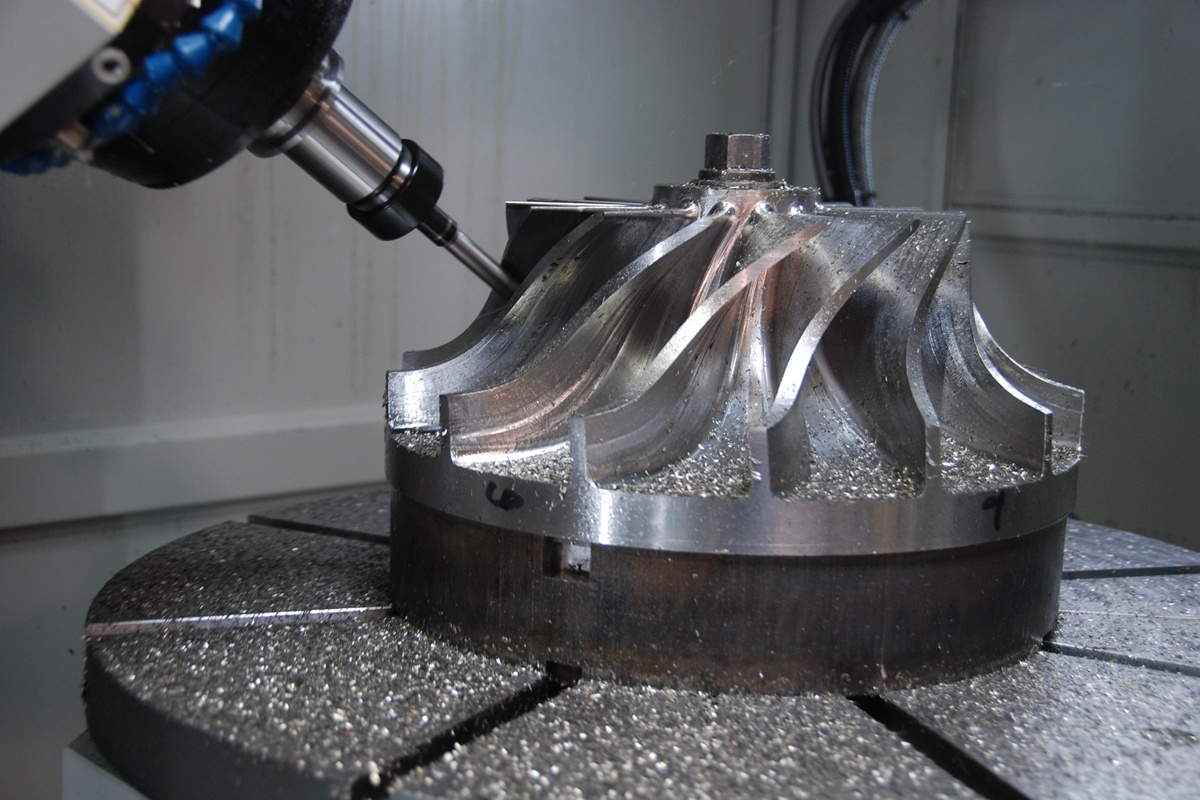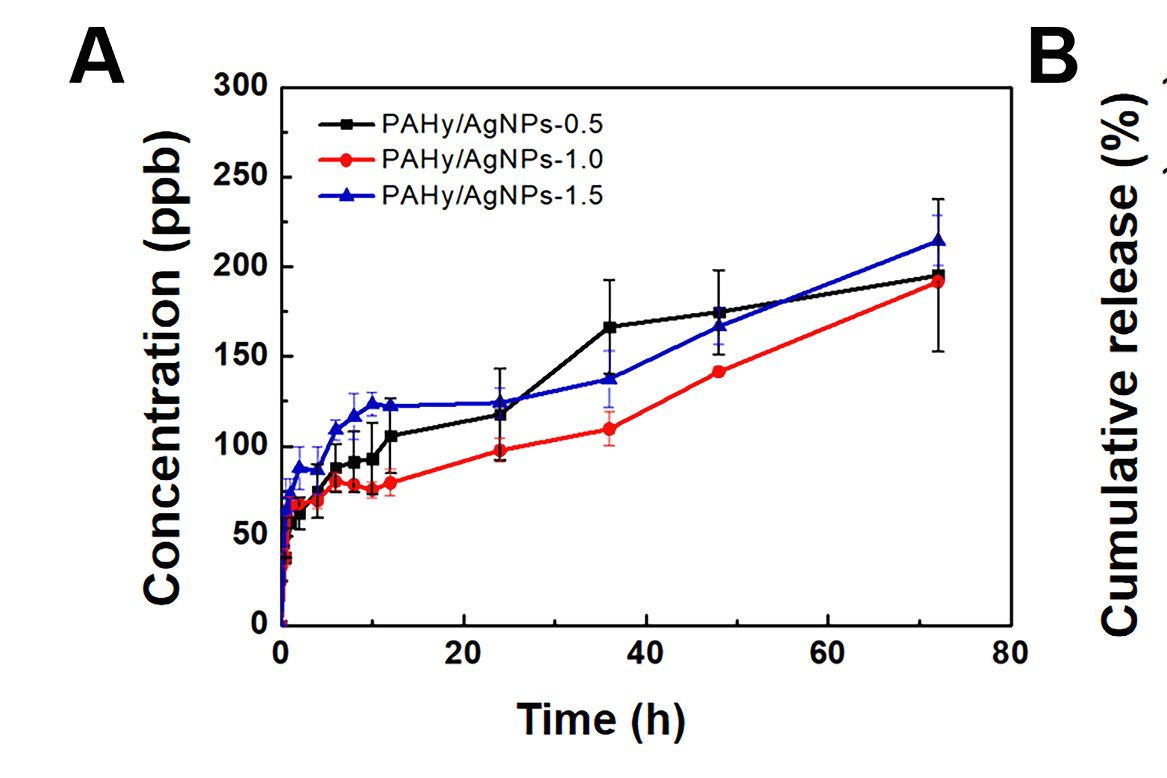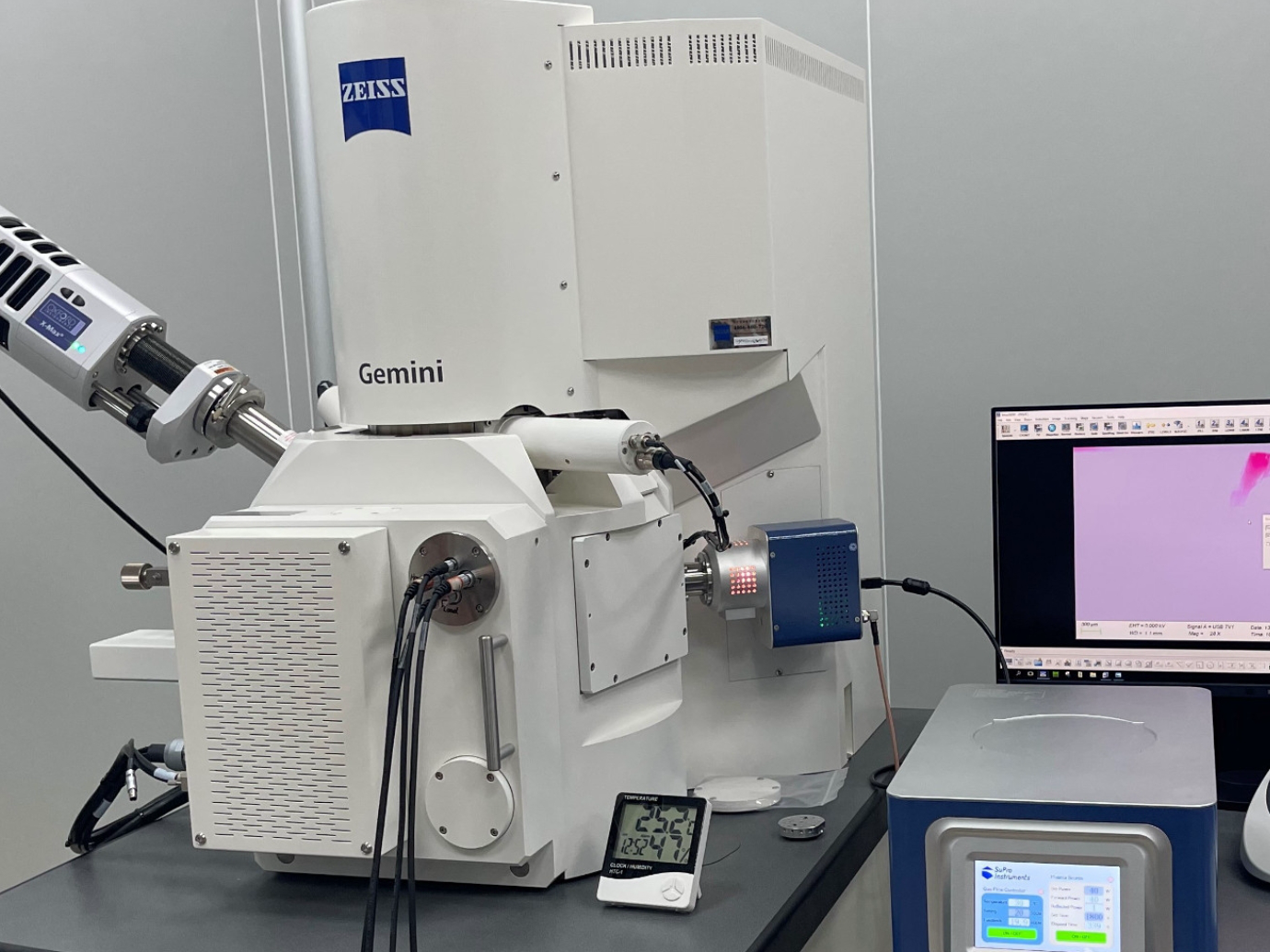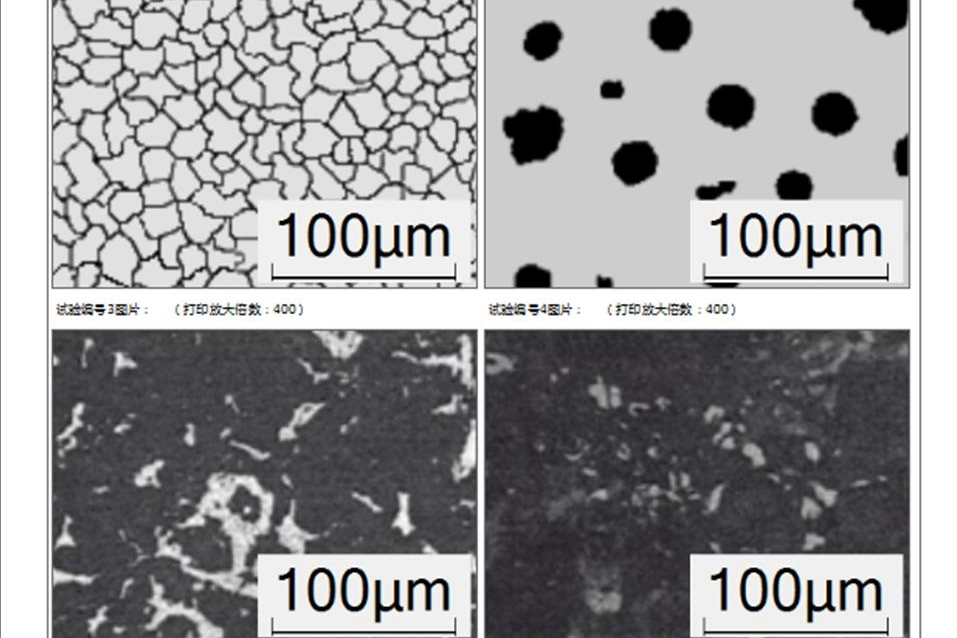Material Testing and Analysis Services
Material Testing and Analysis Service evaluates the properties of materials like superalloys through mechanical, chemical, and structural tests. It ensures they meet performance, durability, and safety specifications in demanding industries like aerospace, energy, and petrochemical applications.
- We Offer Test and Checking Service For Below Materials:
- Vacuum Investment Castings
- Powder Metallurgy Parts
- Precision Forging Parts
- CNC Machined Parts
- 3D Printed Parts
- Superalloys: Inconel alloy, CMSX Series, Monel alloy, Hastelloy alloy, Stellite alloy, Nimonic alloy, Titanium alloy, Rene Alloys, Single Crystal Alloy
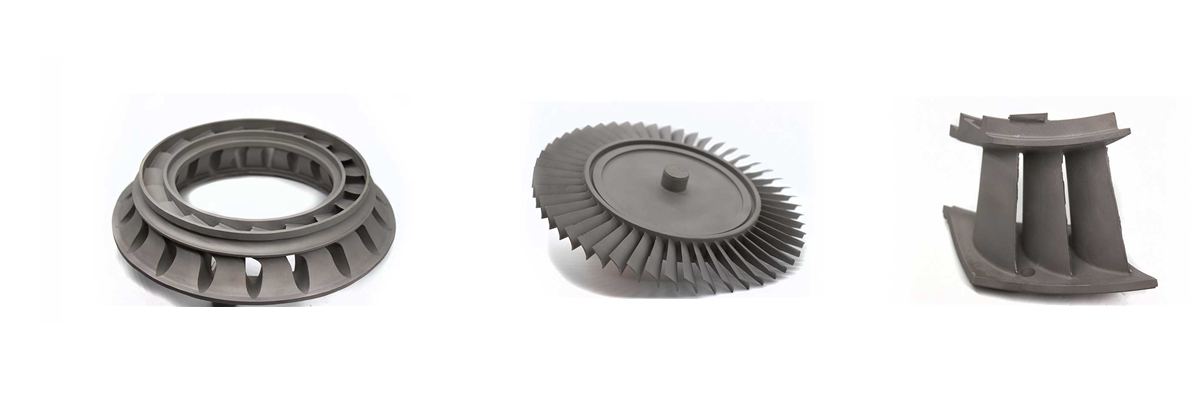
Send us your designs and specifications for a free quotation
All uploaded files are secure and confidential
Benefits of Material Testing and Analysis on Superalloy Castings
Material testing and analysis ensure the quality and reliability of superalloy castings by detecting defects, verifying composition, and validating mechanical properties. It enhances product performance by ensuring compliance with industry standards and identifying potential failure points. This process improves safety, extends component lifespan, and optimizes production by providing critical insights for refining casting processes and material design.
When Does Superalloy Parts Need Material Testing and Analysis Service?
Superalloy parts require material testing and analysis during critical stages like initial production, after post-processing (e.g., HIP, heat treatment), and for quality control before deployment. It ensures components meet mechanical, chemical, and performance specifications, especially for high-stress environments. Testing is also essential after repairs, to evaluate aging or degradation, and for failure analysis to enhance durability and safety in aerospace, energy, and industrial applications.
More Post Process Available At Neway
Neway offers comprehensive post-processing services for high-temperature alloy parts, including Hot Isostatic Pressing (HIP), heat treatment, superalloy welding, thermal barrier coating (TBC), material testing and analysis, superalloy CNC machining, deep hole drilling, and electrical discharge machining (EDM). These processes ensure optimal mechanical properties, precision, and durability for aerospace, petrochemical, and industrial applications.
About Custom Superalloy Components Manufacturing
Neway specializes in manufacturing custom superalloy components for industries requiring high-performance solutions. We utilize advanced techniques like precision casting, forging, and powder metallurgy to produce critical parts such as turbine blades, discs, and impellers. Our components offer exceptional strength, heat resistance, and durability, making them ideal for aerospace, energy, and other industries operating in extreme conditions.
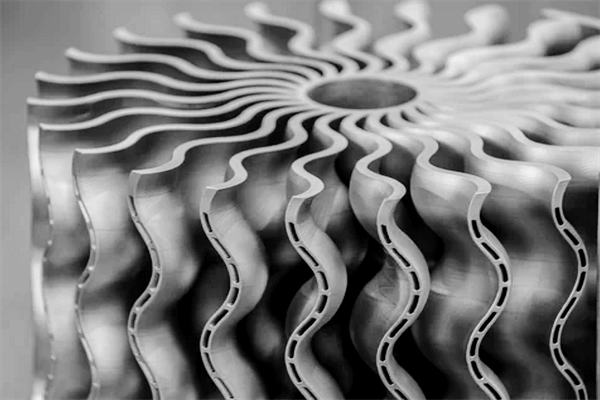
learn more
Aerospace and Aviation
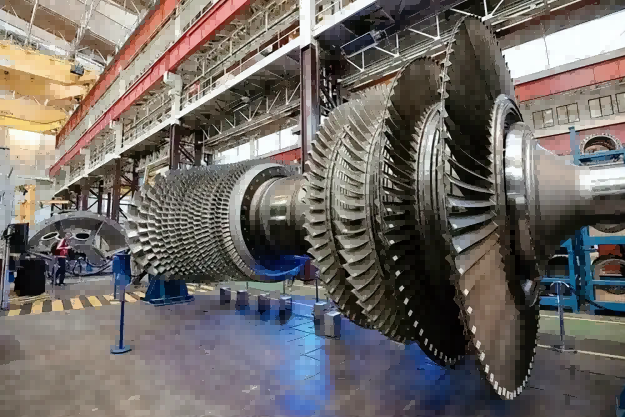
learn more
Power Generation

learn more
Oil and Gas

learn more
Energy

learn more
Marine
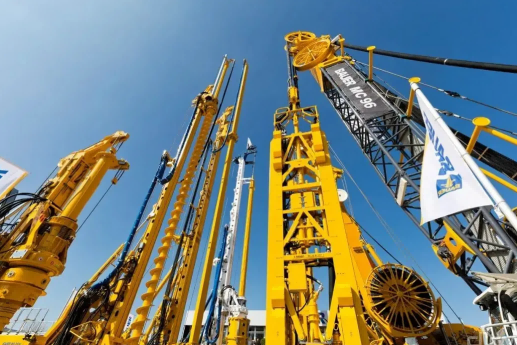
learn more
Mining
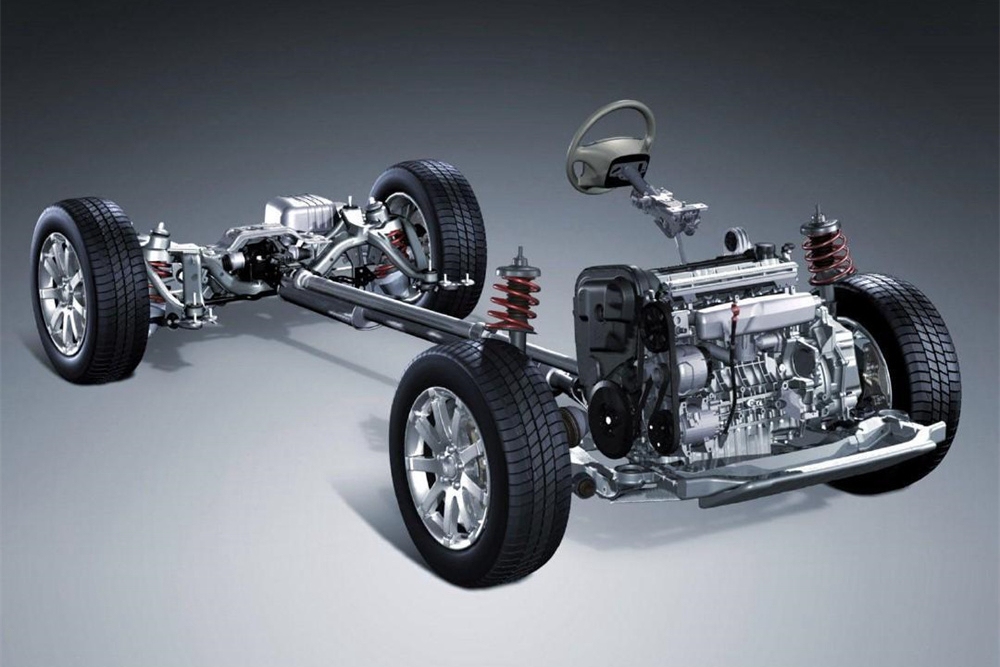
learn more
Automotive
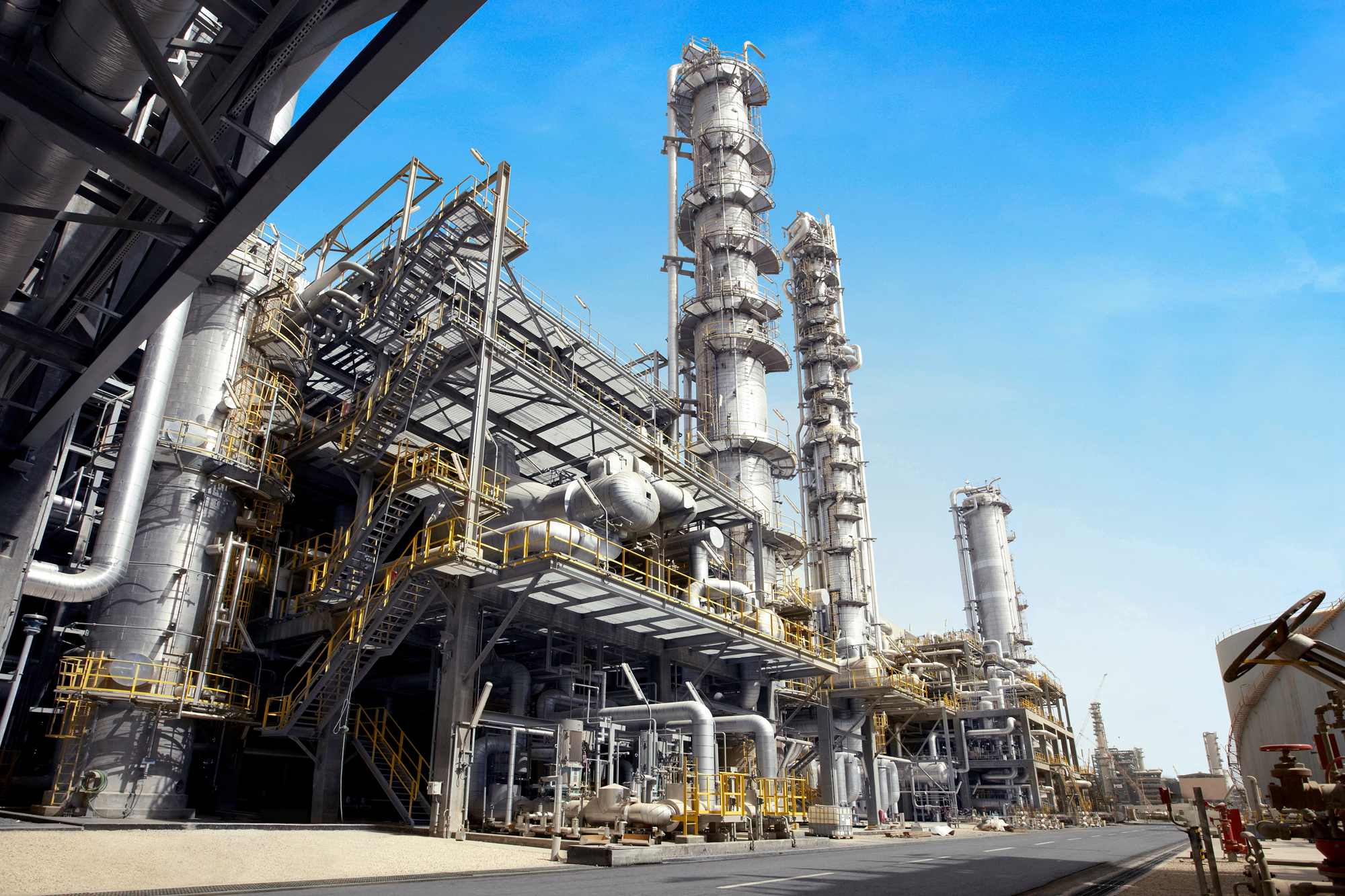
learn more
Chemical Processing
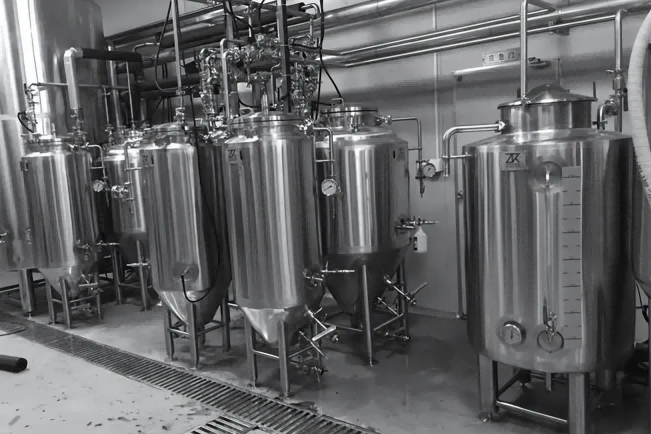
learn more
Pharmaceutical and Food
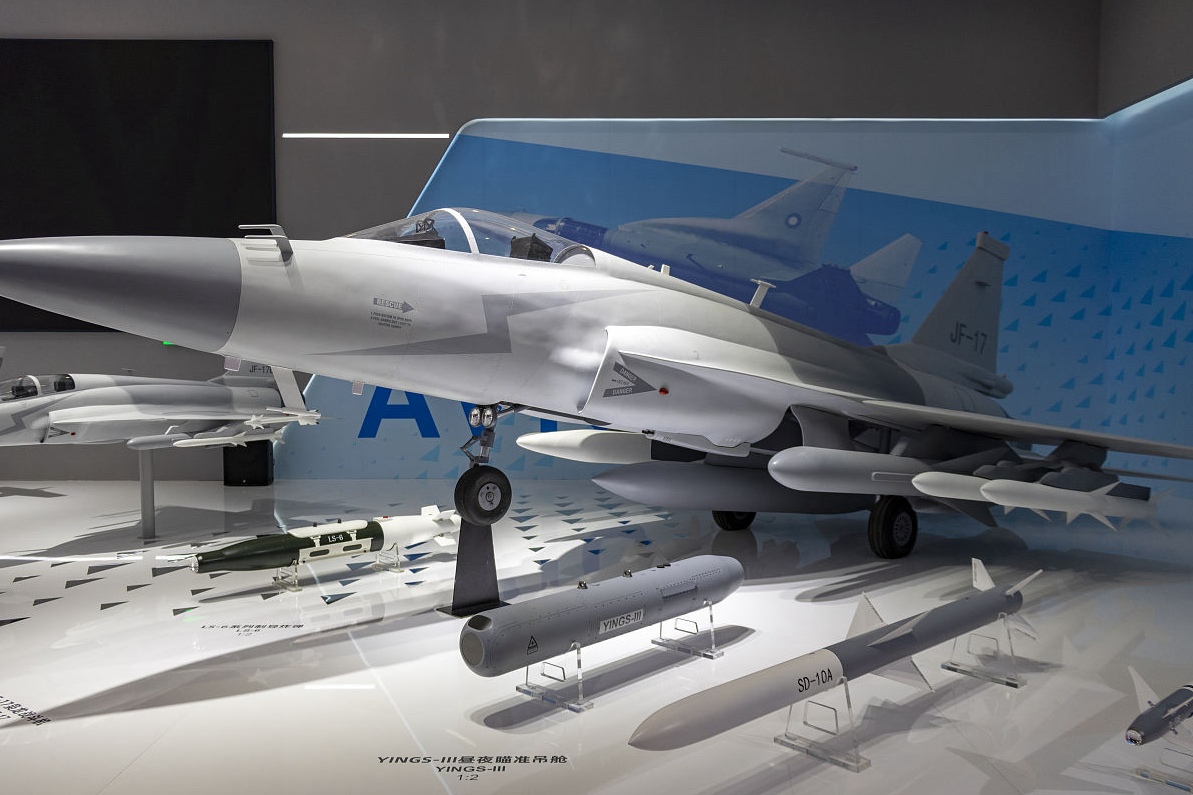
learn more
Military and Defense
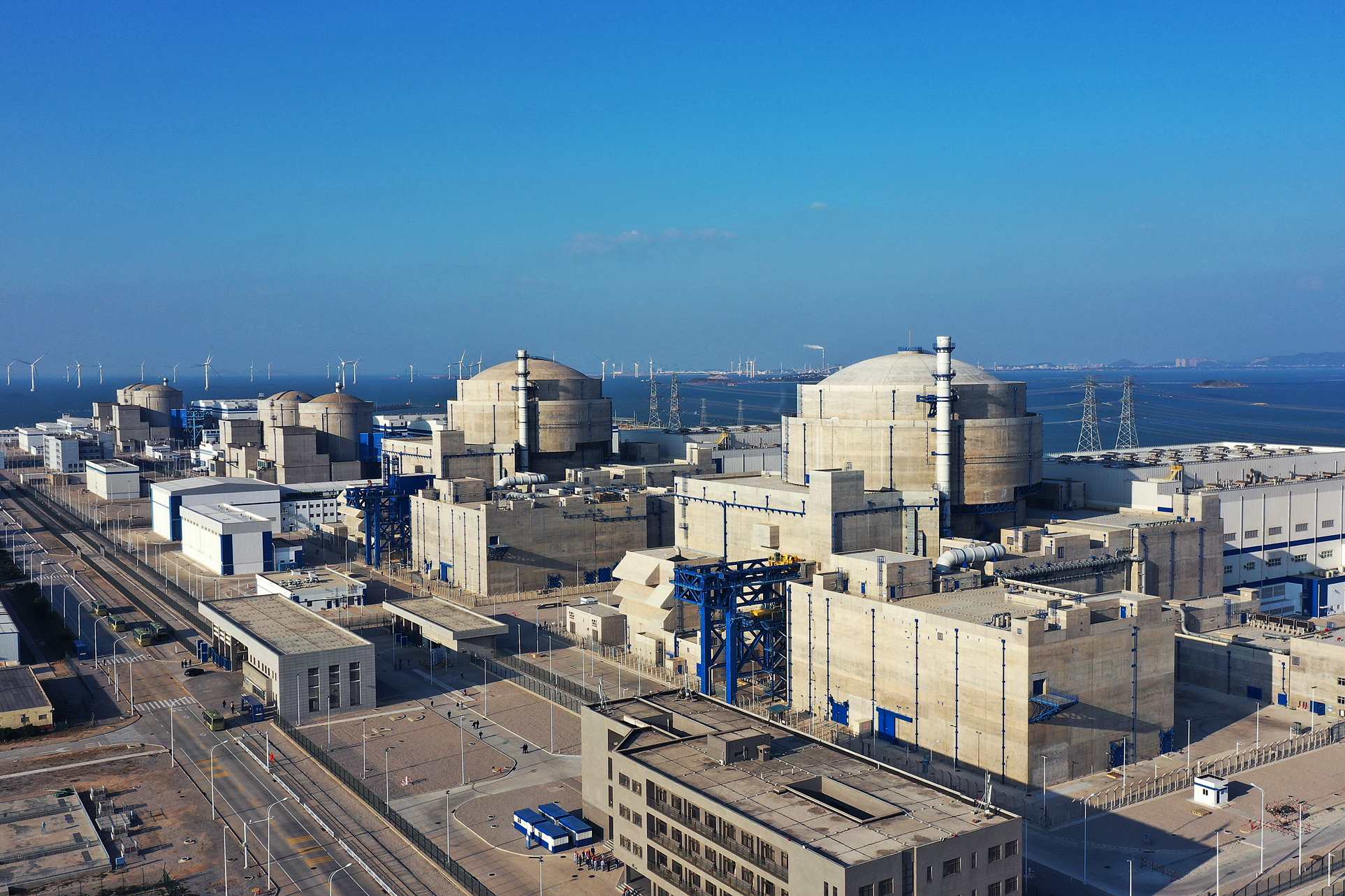
learn more
Nuclear
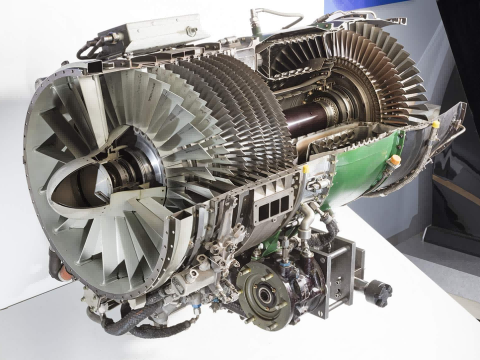
learn more
More Cases
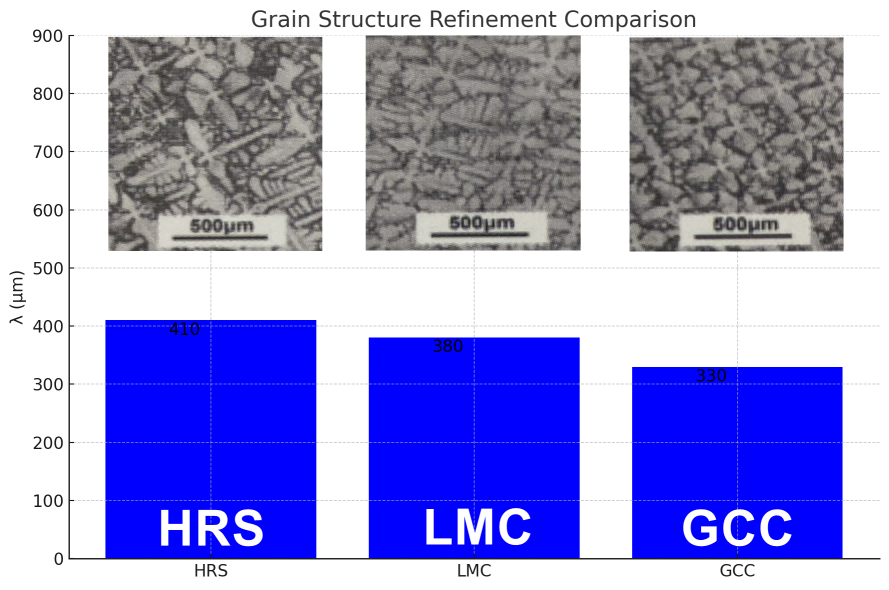
learn more
New Technology
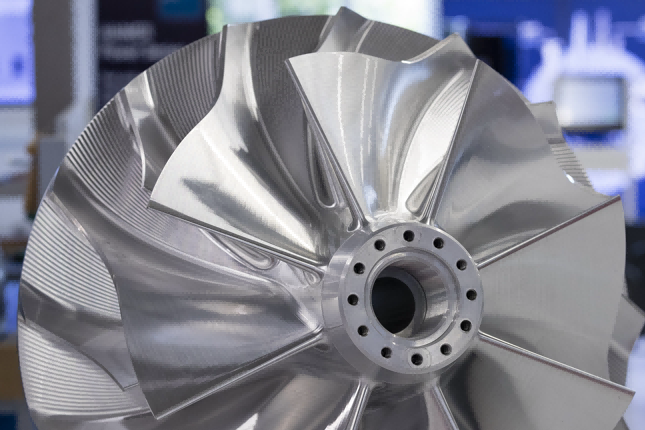
learn more
Products Gallery
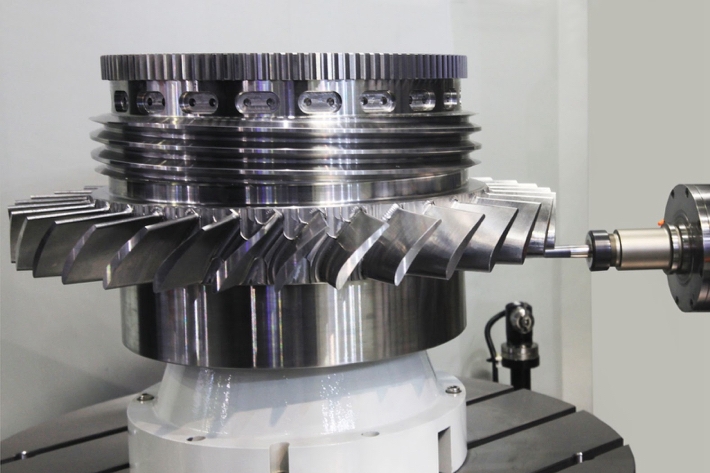
learn more
Various Industries
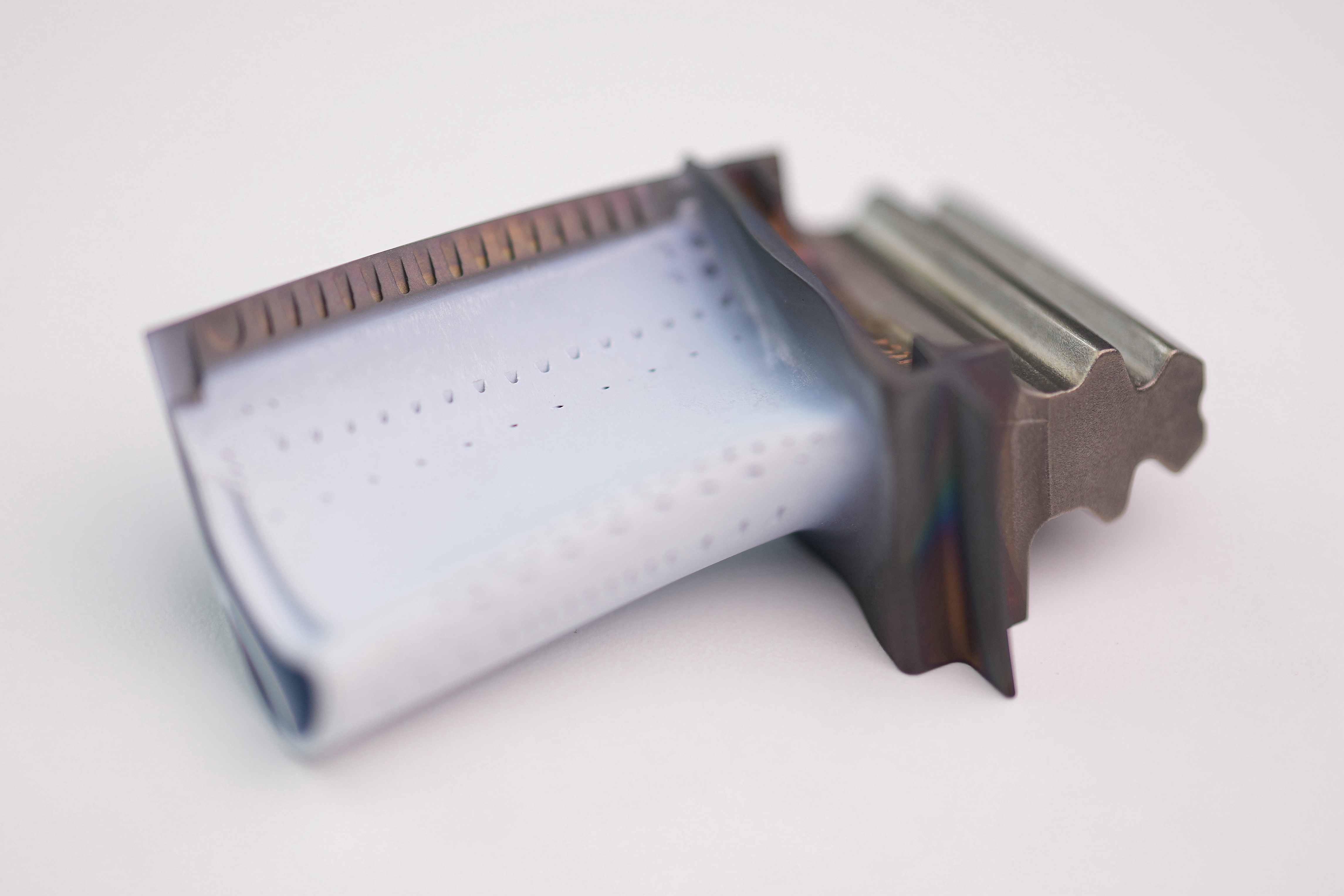
learn more
Surface Finishings
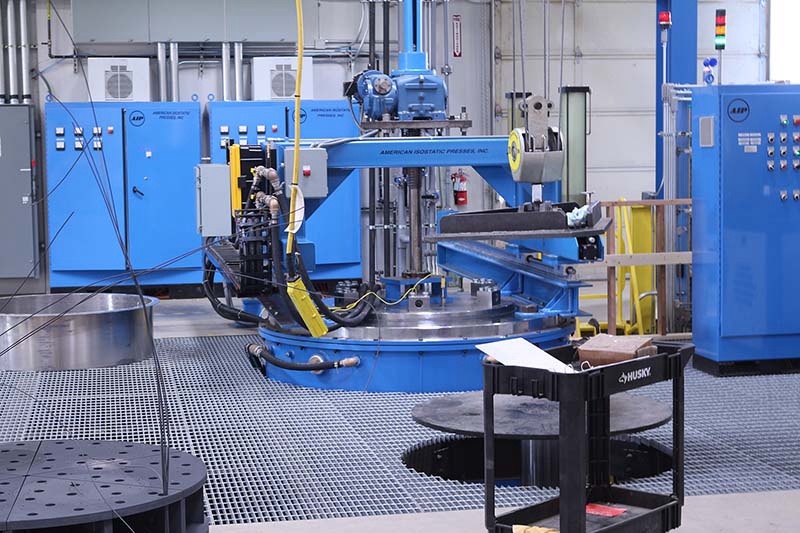
learn more
Post-Process
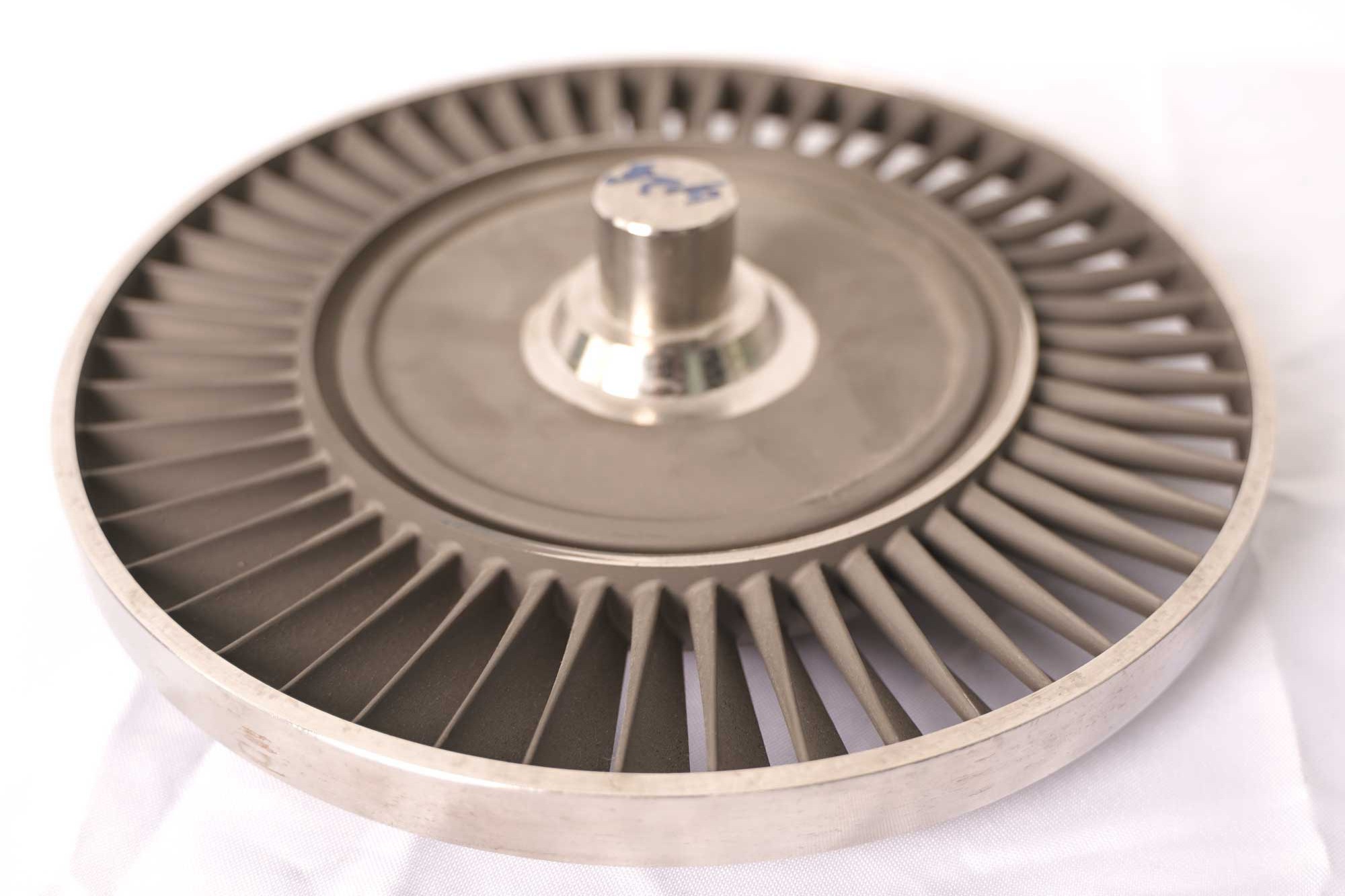
learn more
Manufacturing Technology
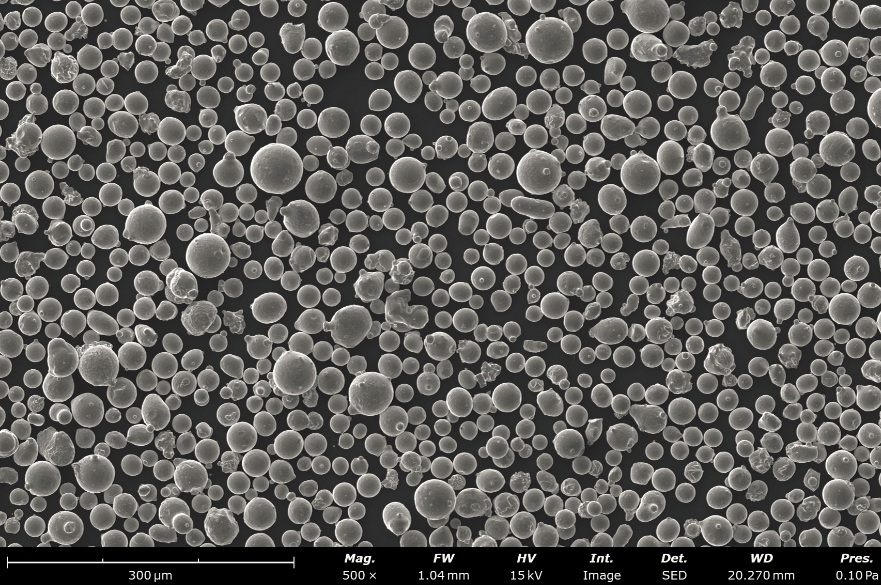
learn more
R&D and Simulation
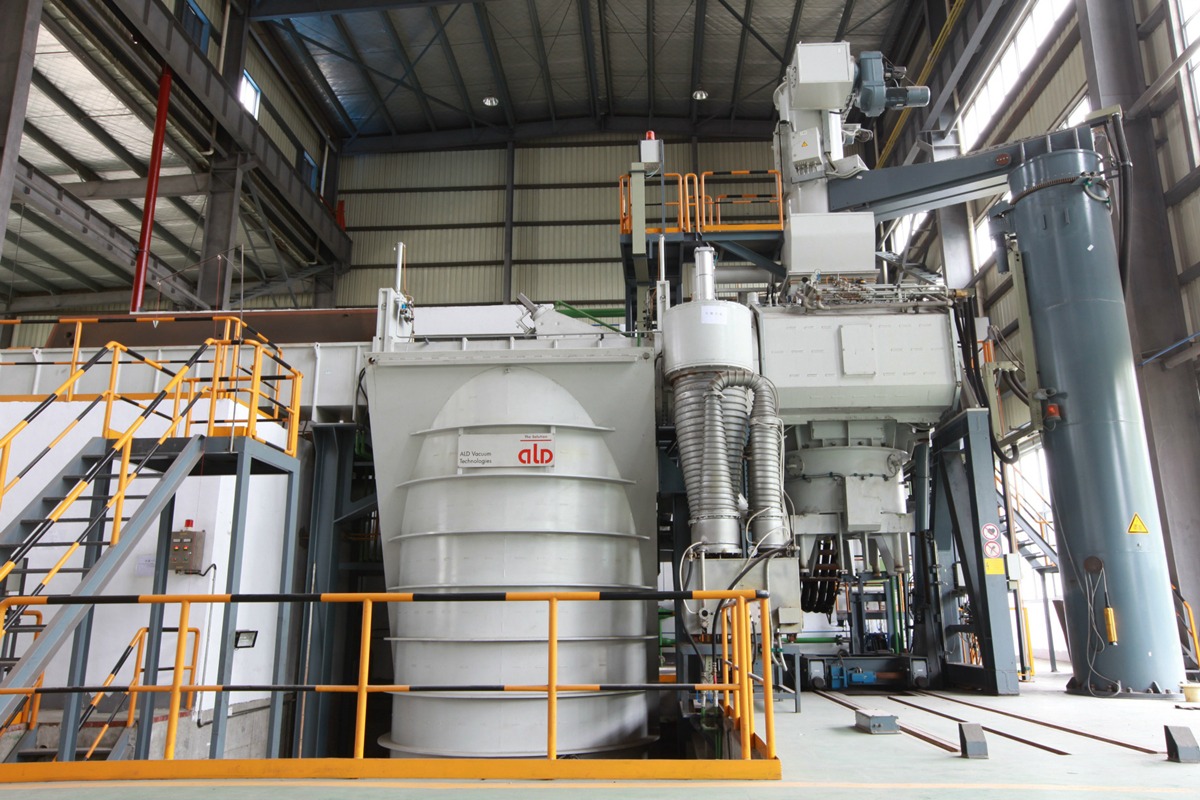
learn more
Manufacturing Equipments
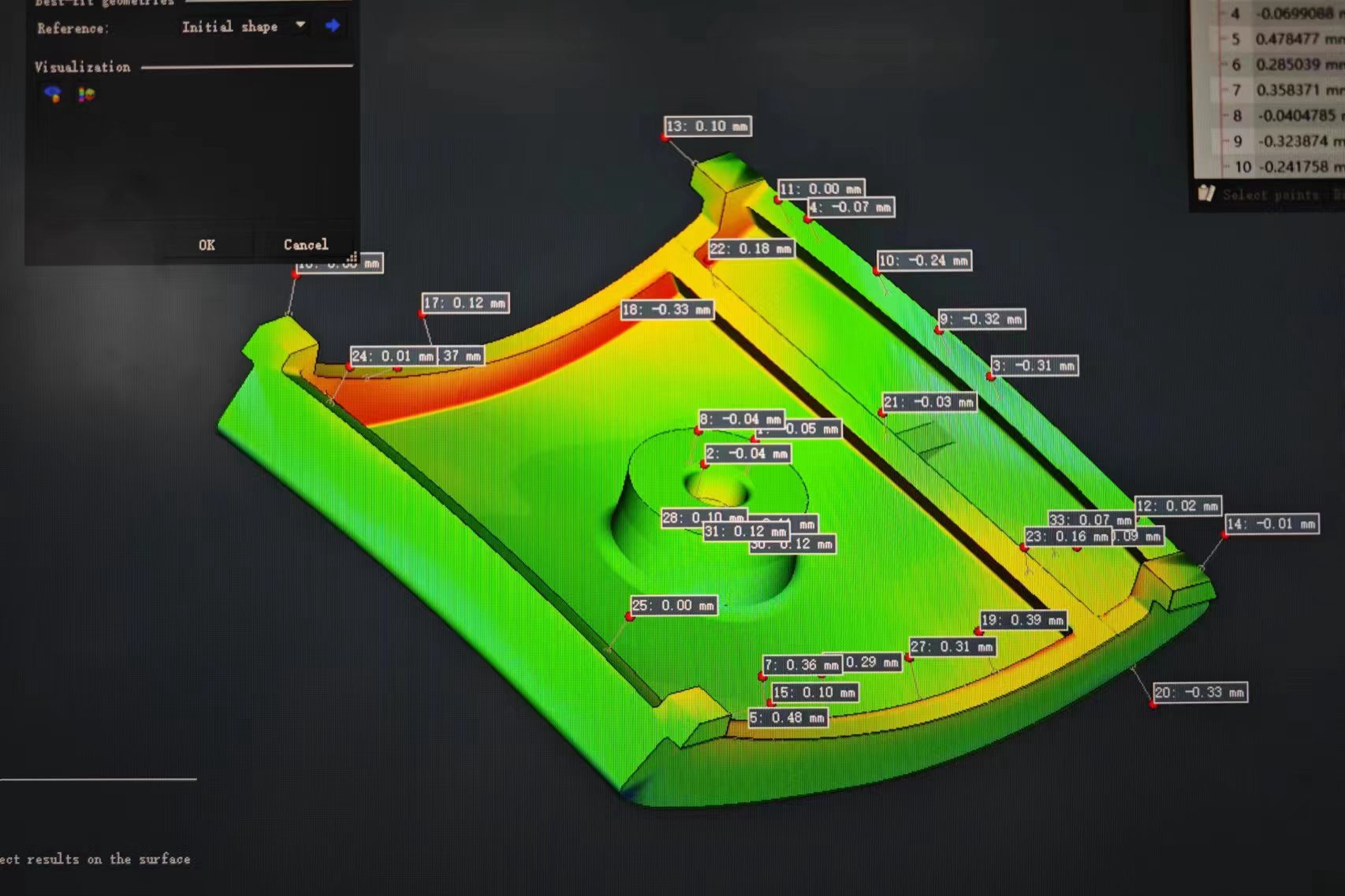
learn more
Testing Equipments

learn more
BLOGS

learn more
FAQs

learn more
Contact
Material Testing and Analysis Parts Gallery
Neway has conducted material testing and analysis on parts such as:
Turbine Blades: Ensuring heat resistance and durability for aerospace and power generation. Combustion Chambers: Tested for thermal fatigue and structural integrity. Nozzle Rings: Analyzed for corrosion and wear in marine and energy applications. Pipeline Components: Corrosion resistance tested for oil and gas industries. Turbine Discs: Evaluated for fatigue and mechanical properties.
Let's Start A New Project Today
